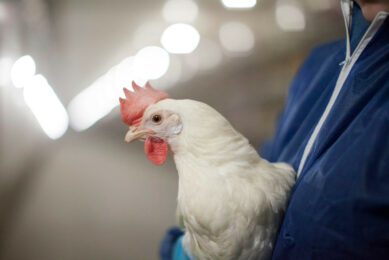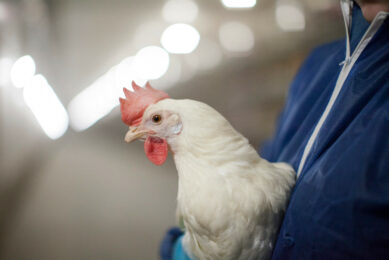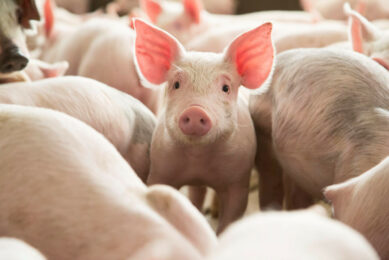Davidsons Animal Feeds switches to organic trace minerals
Davidsons Animal Feeds has become the first feed company in Scotland to commit to total replacement of key inorganic trace minerals with more efficient organic equivalents in its premium cattle rations.
Radical reformulation of the trace mineral components of its premium rations for milking cows, dry cows, growing heifers and calves will be significant in helping dairy farmers combat the major profit-draining diseases, according to Davidsons Animal Feeds.
Davidsons has removed all inorganic sources of selenium, zinc and manganese from its four leading dairy products and in their place included proven, safer and more efficacious organic equivalents of these essential trace minerals.
The total replacement of inorganic minerals may be very new, but it is a concept that is now backed by very strong research and the potential benefits are widespread, explained ruminant nutritionist Csaba Adamik.
“Organic minerals, or chelates, are a more natural way to supplement these key nutrients and are known to be more effective than their inorganic equivalents, but until now they have only been used as partial replacements for conventional approaches,” he says.
“Trace minerals including selenium, zinc and manganese perform a vital role in livestock and deficiencies are relatively common, largely due to low levels in our forages.
“Ensuring safe and effective supplementation will impact on all the major profit-draining diseases in dairy cows, including infertility, lameness and mastitis, as well as having a positive effect on general health and performance at all stages of the dairy animal’s life.
“We’ve reviewed independent research looking at the benefits of total replacement and believe that the time is now right to offer total replacement of selenium, zinc and manganese in certain premium brands. We are therefore including Sel-Plex selenium, Bioplex Zinc and Bioplex Manganese from Alltech in milking cow, dry cow, heifer rearing and calf rations in Davidsons’ new TRACE range.”
More milk with organic zinc
Adamik referred to research conducted recently at Harper Adams University College, Shropshire, England, where a 2.4l/cow/day milk yield response was recorded when Bioplex Zinc replaced an inorganic zinc form at recommended levels.
By the end of the 14 weeks trial, cows on organic zinc supplementation had a greater lactation persistency than cows on rations including inorganic zinc. Somatic cell counts were also reduced during the trial in cows receiving the organic product.
“Greater availability means less excretion, and this is firstly beneficial to the animal and secondly is important in an environmental context as the level of heavy metal residues resulting from our dairy units is reduced.
“Whether we are dealing with the burden of mastitis, lameness and infertility or have issues with more generalized immune function, we believe this total replacement approach offers a significant step forward for milk producers.”











